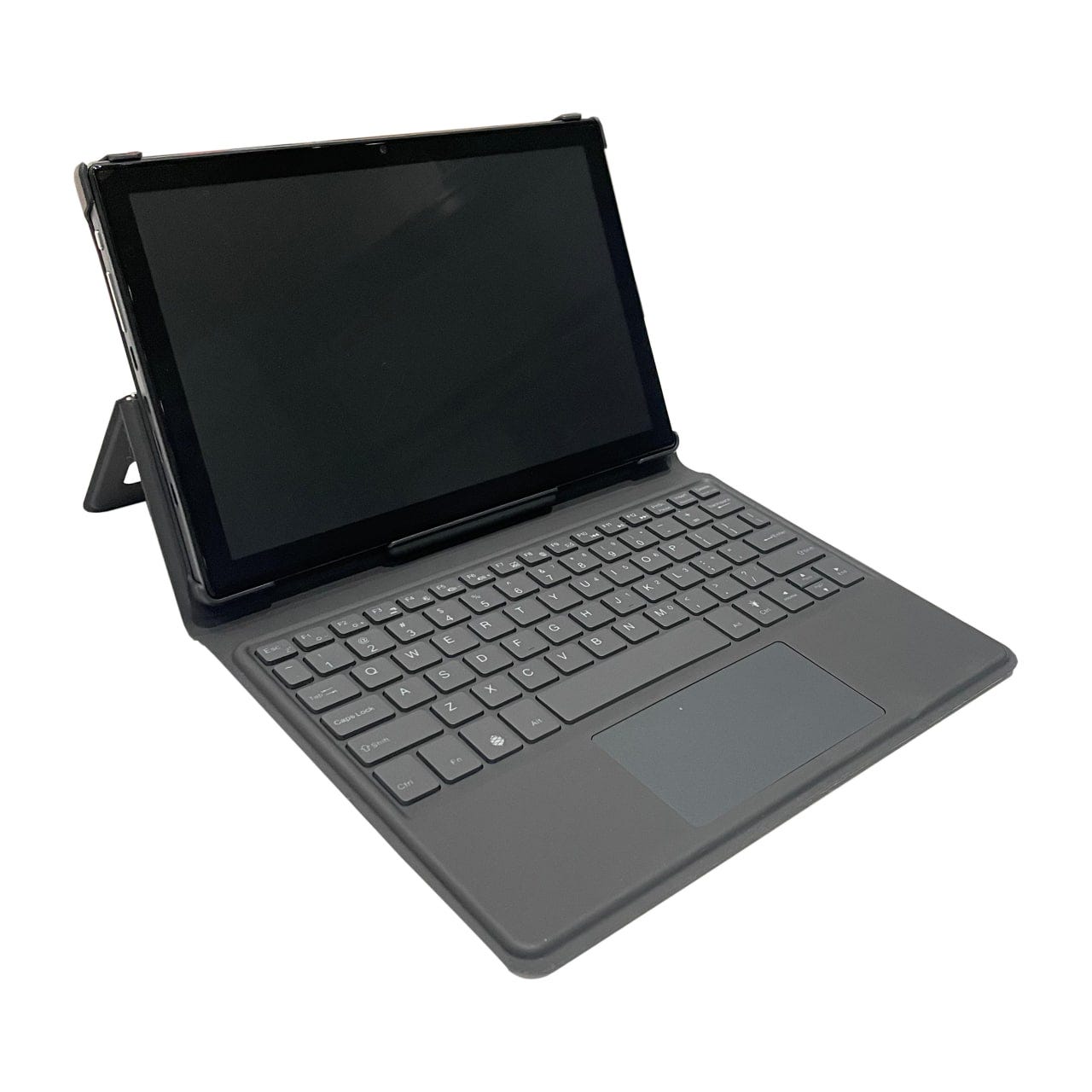'ZDNET Recommends': What exactly does it mean?
ZDNET's recommendations are based on many hours of testing, research, and comparison shopping. We gather data from the best available sources, including vendor and retailer listings as well as other relevant and independent reviews sites. And we pore over customer reviews to find out what matters to real people who already own and use the products and services we’re assessing.
When you click through from our site to a retailer and buy a product or service, we may earn affiliate commissions. This helps support our work, but does not affect what we cover or how, and it does not affect the price you pay. Neither ZDNET nor the author are compensated for these independent reviews. Indeed, we follow strict guidelines that ensure our editorial content is never influenced by advertisers.
ZDNET's editorial team writes on behalf of you, our reader. Our goal is to deliver the most accurate information and the most knowledgeable advice possible in order to help you make smarter buying decisions on tech gear and a wide array of products and services. Our editors thoroughly review and fact-check every article to ensure that our content meets the highest standards. If we have made an error or published misleading information, we will correct or clarify the article. If you see inaccuracies in our content, please report the mistake via this form.
This updated Linux-based tablet has been through a 'complete' redesign


The Linux-based PineTab 2.
Pine64 has announced it is making the Linux-based PineTab 2, which is the successor to the original PineTab that didn't make it through the post-pandemic chip shortage.
Pine64, which makes numerous developer-friendly pieces of kit, is billing the PineTab 2 as much more than just a specifications upgrade due to its new design, including a metal chassis that has two "snap-tabs" for easily releasing the back to access internals for repairs and upgrades.
Also: The 5 best Linux laptops for consumers and developers
It's also been designed with modular internals, such as the eMMC sitting on its own printed circuit board. Pine64's Lukasz Erecinski says in a blogpost that components can be replaced in five minutes.
See also
"The PineTab2 is much more than a spec-bumped version of the original ... it is a complete physical redesign," he said.
Also, the liquid crystal display can be replaced without specialist tools. It will feature a RK3566 mid-range quad-core Cortex-A55 processor that integrates a Mali-G52 MP2 GPU.
"Software development for the RK3566 platform is booming and Linux has now reached a high level of maturity with both mainline and BSP Linux supporting nearly all core functionality of the chipset," he said.
Erecinski says the PinTab 2 will be available with 8GB of RAM and 12GB of flash storage, or with 4GB of RAM and 64GB of flash storage. The project is aiming to ship the tablet at "sometime after Chinese New Year", which falls on January 22, 2023.
The tablet will also sport two USB-C ports, with one supporting USB 3.0 speeds while the other is for changing but does offer USB 2.0 speeds when it is not. There's also a micro HDMI port for video output and a front-facing 2 megapixel camera and a 5 megapixel rear-facing camera. There's also a micro SD slot and an audio jack port.
The proposed PineTab2 from behind.
There are still a few details to be settled, including the 10.1-inch screen and the Wi-Fi and Bluetooth module. The current prototype has a 6000mAh battery but this is subject to change. Erecinski warns that all specs may change over the development phase. However, the new tablet will come with a keyboard that doubles as a protective carry cover.
Also: Dell's Concept Luna laptop comes apart like building blocks. Is it the future?
Pricing hasn't been determined yet, but Erecinski promises that both variants will be "affordable". Pricing should be available after Chinese New Year. Pine64 also plans to ship developer units through December and January.
Erecinski explains Pine64 opted to end the original PineTab run because it wanted to allocate resources to ensure the availability of the PinePhone through late 2020 and early 2021. Pine64 launched the Linux PinePhone in 2020 for $150, as well as a subsequent "convergence package" to facilitate its use as a PC.
Separately, Erecinski notes that SailfishOS, which emerged from Finnish startup Jolla in 2013, is getting close to being stable enough to serve as a daily driver on the original Pinephone.